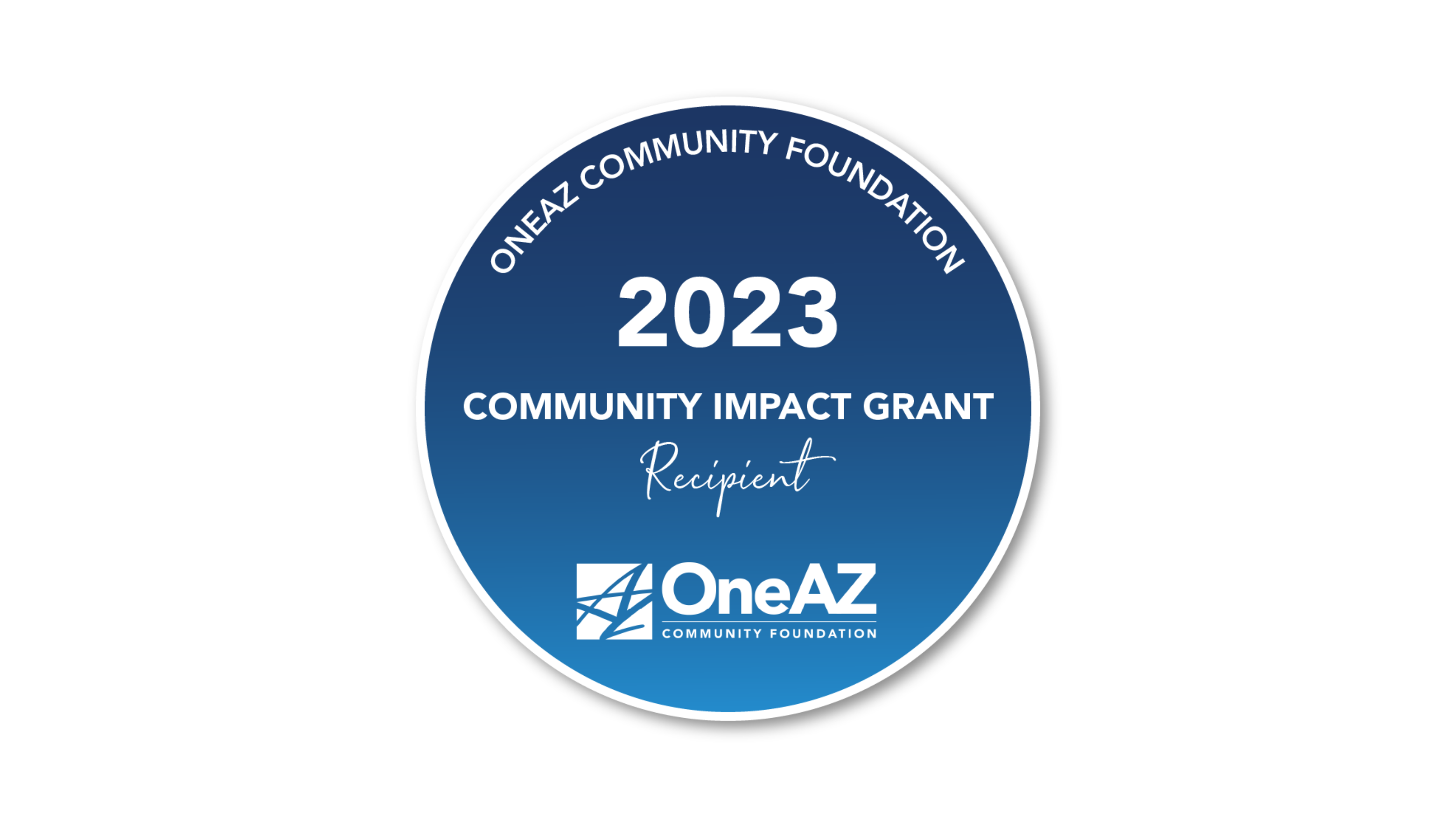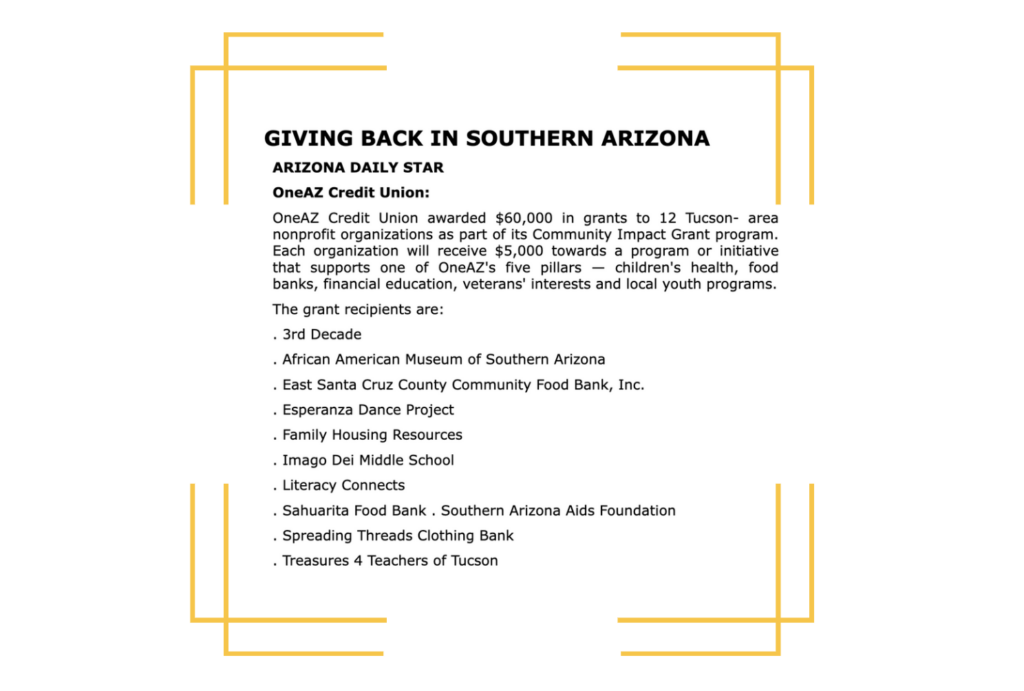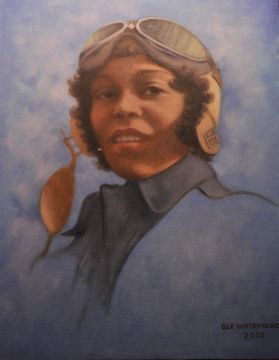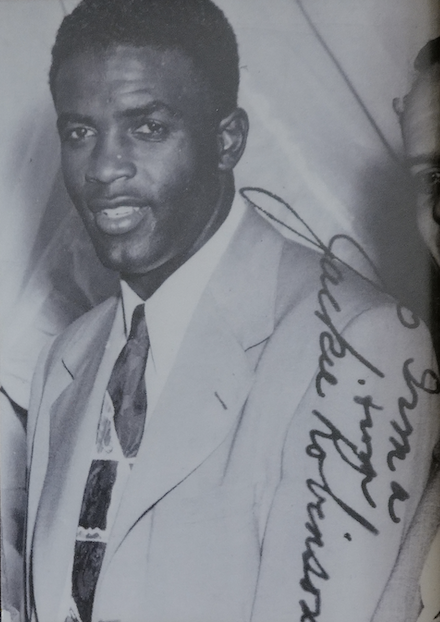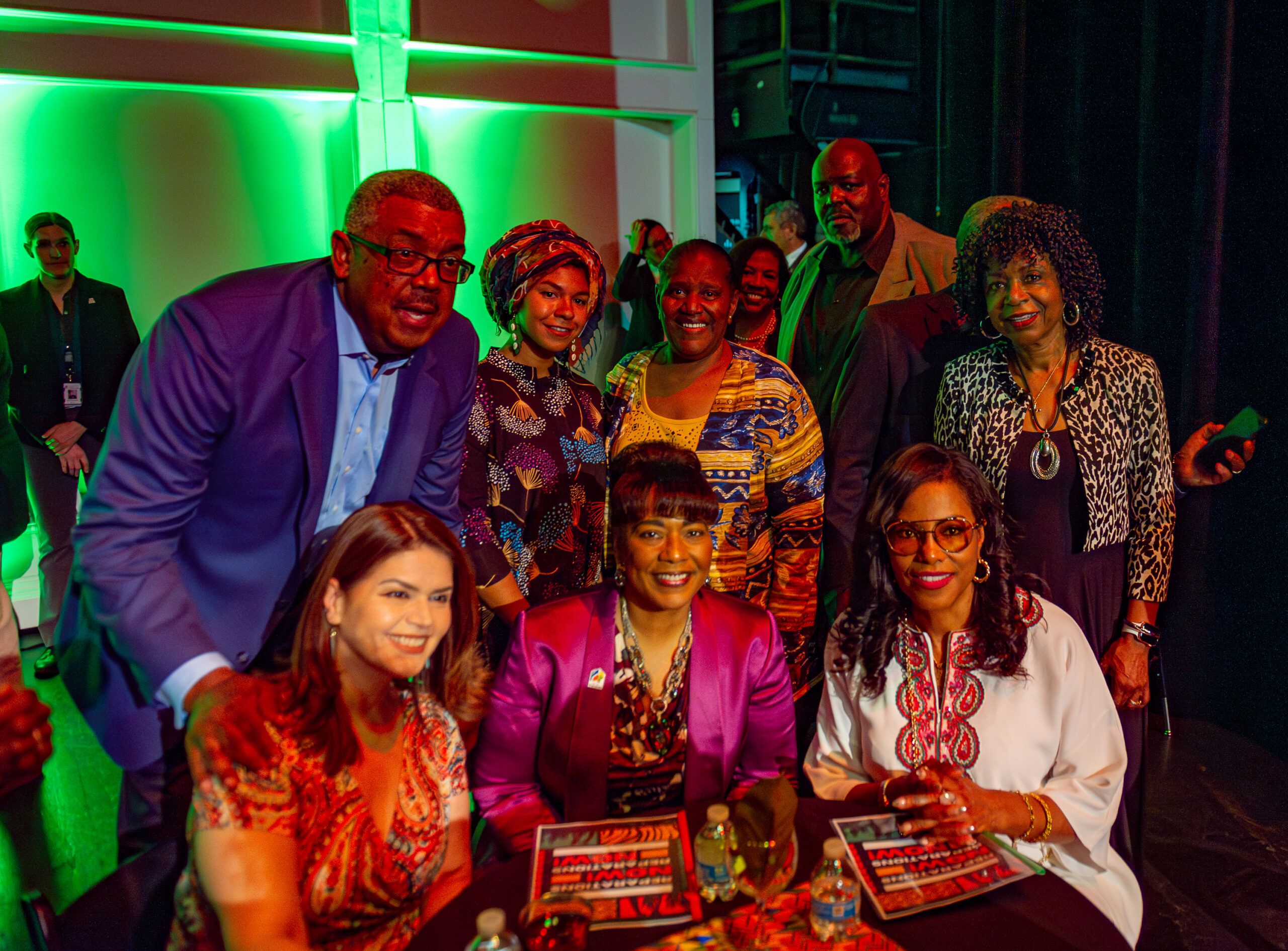Our ED, Beverely Elliott is being honored in October!
| Congratulations to our Executive Director, Beverely Elliott, for being honored with the Lifetime Humanitarian Achievement Award! |
| We are delighted to invite you to join us at the award luncheon, which will take place on Thursday, October 26, 2023, from 11:00 am to 1:00 pm at the Tucson Convention Center. Beverely Elliott’s contributions to TUSD, and the community have been nothing short of extraordinary, and it is with great pride that we recognize her selfless efforts. Her dedication and passion for education have left a lasting impact on the lives of TUSD students and educators. This luncheon, organized by the Educational Enrichment Foundation, aims to raise funds that will further support TUSD students and teachers through various programs. |
| This award is a prestigious honor presented by the Educational Enrichment Foundation and recognizes individuals who have made significant and lasting contributions to the Southern Arizona community, particularly within the Tucson Unified School District (TUSD). The criteria for the award are stringent and include the following: ● Member of Southern Arizona community with an upstanding reputation, ● Proven track record of impacting TUSD students/educators over the course of a lifetime, ● Personal passion for education is exemplified by …volunteerism, personal financial support, community projects, or collaborating in the community to further education or advocate for education, ● Ability to attract community support to benefit EEF programs in support of TUSD students and educators. |
| Ray Davies Lifetime HumanitarianAchievement Award Luncheon |
LOCATION: Tucson Convention Center, 260 S Church Ave Tucson Arizona 85701 DATE AND TIME: 10/26/23 11:00 am – 10/26/23 1:00 pm US/Arizona Seats for the luncheon are available for purchase . Early Bird Purchase individual seats ($80 each). July 1, 2023, through September 30, 2023, Online, by check, or by calling 520.325.8688 |
For more information and to make your contribution,
please visit EEF’s website at https://www.eeftucson.org/events

